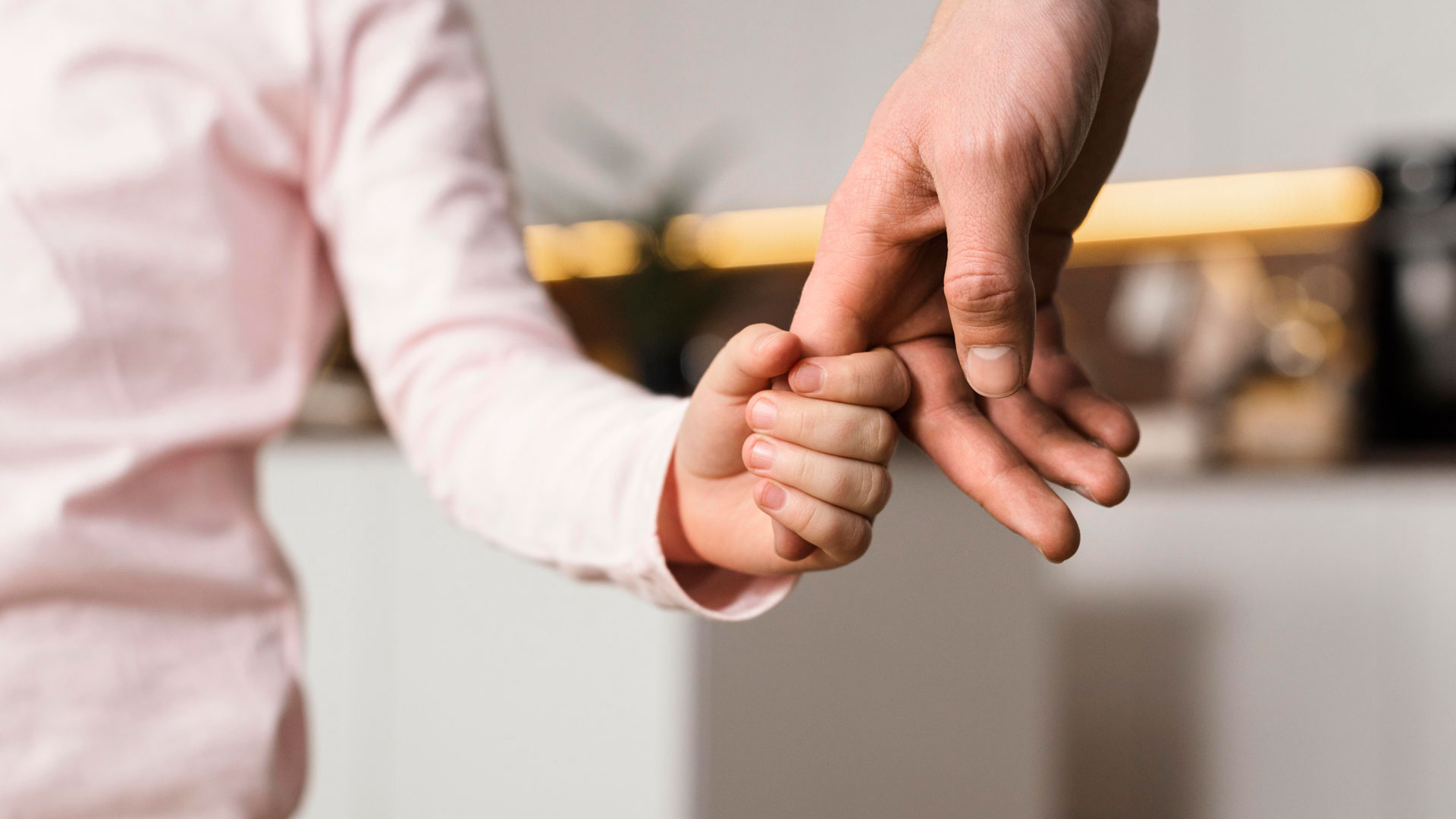Most parents who struggle with a child suffering from any form of psychiatric illness continue to feel blamed. They often feel they want to keep it private to protect their child. No other illness, in this day and age, is treated this way, except, perhaps, sexually transmitted diseases.
Parents are afraid if other kids find out their child has a psychiatric illness, they will be teased and bullied. If the school knows, parents fear their child will be labeled. Parents often avoid even telling their extended family. When they talk to their family about it, they are too often given simplistic advice like “Maybe you should…”. As if it is something they have done as parents to cause this and it could all get better… if only they were better parents.
One of the parents of a child with bipolar disorder told me she noticed parents of autistic children face immense challenges, but stigma is usually not one of them. They are not blamed for their child’s autism the way parents are often blamed for their child’s psychiatric illness. No one would dare to suggest that if only they punished their child more or stayed home more, or changed their diet, their child would no longer be autistic. Yet this is often the tip of the iceberg of what parents of children with ADHD, depression, anxiety, bipolar disorder and other psychiatric illnesses are often told.
One mother whose child developed a mood disorder that caused him to be very disruptive in public said “I am ashamed to say, before this happened to me, I used to be one of those mothers who thought it was all caused by bad parenting. Now when I see the critical stares I get when my child is out of control. I am embarrassed to remember, I used to be one of them. Until this happened to me, I just didn’t get it”.
I work with kids who sometimes need to be hospitalized for depression or severe anxiety. They return to school after a couple of weeks in the hospital and stories are made up. “I had headaches and the doctors had to do tests so I couldn’t be in school.” “I was visiting my grandparents for a few weeks”. Kids are encouraged to lie about their illness and keep it private. As a child psychologist, i struggle with this. I know the more open we all are about the experience of having a psychiatric illness, the faster the stigma will go away. On the other hand, we live today in the world we live in.
The fact is there continues to be a stigma about this in our society, despite the high numbers of children, adolescents and adults with a psychiatric diagnosis. We need to change this world we live in, far too many families are impacted by psychiatric illnesses who need our support and empathy, not our critical stares.


